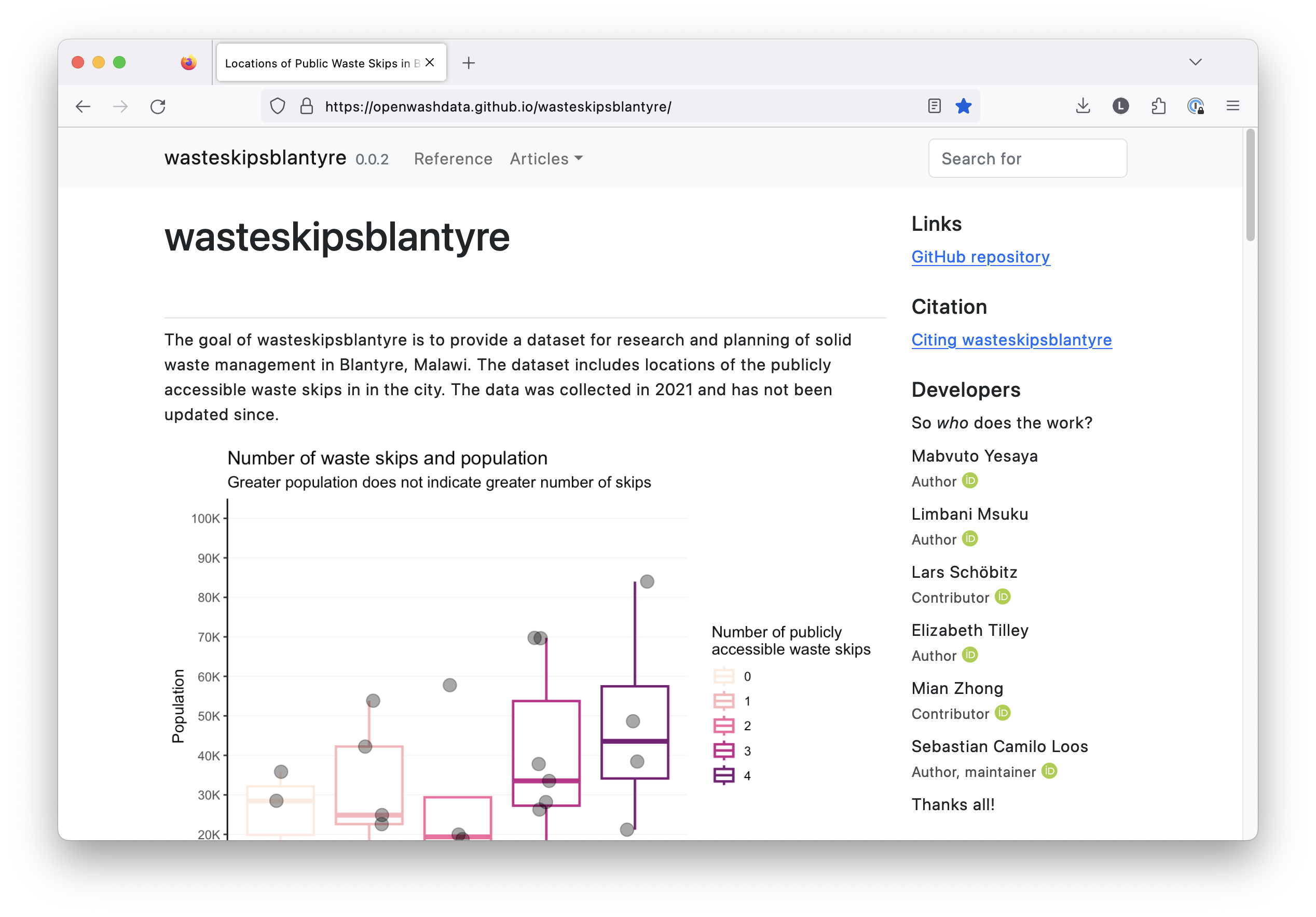openwashdata
a community effort to bring open data practices to the WASH sector
January 23, 2024
openwashdata community
openwashdata community
Vision
An active global community that applies FAIR principles (Wilkinson et al. 2016) to data generated in the great water, sanitation, and hygiene sector.
Mission
Empower WASH professionals to engage with tools and workflows for open data and code.
The Opportunity
Journal Articles

Screenshot from Greene et al. (2021)
Journal Articles
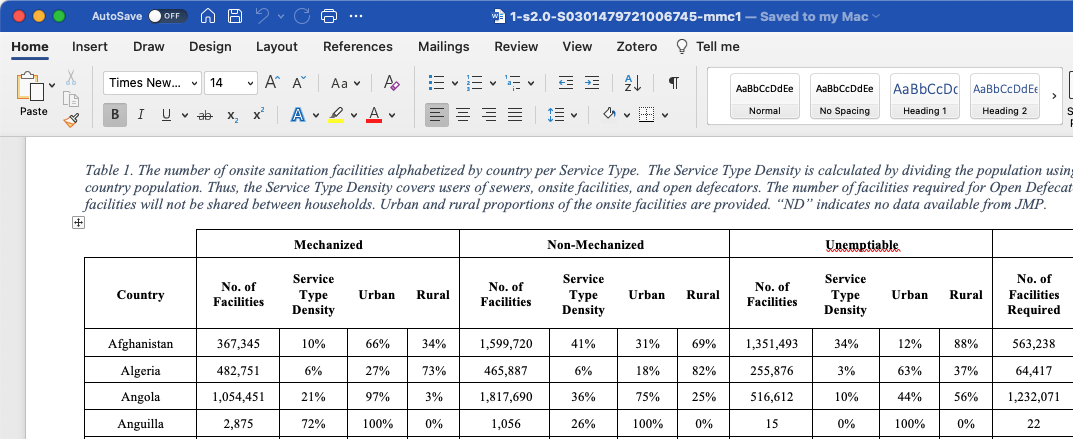
Screenshot from Greene et al. (2021)
PDF reports
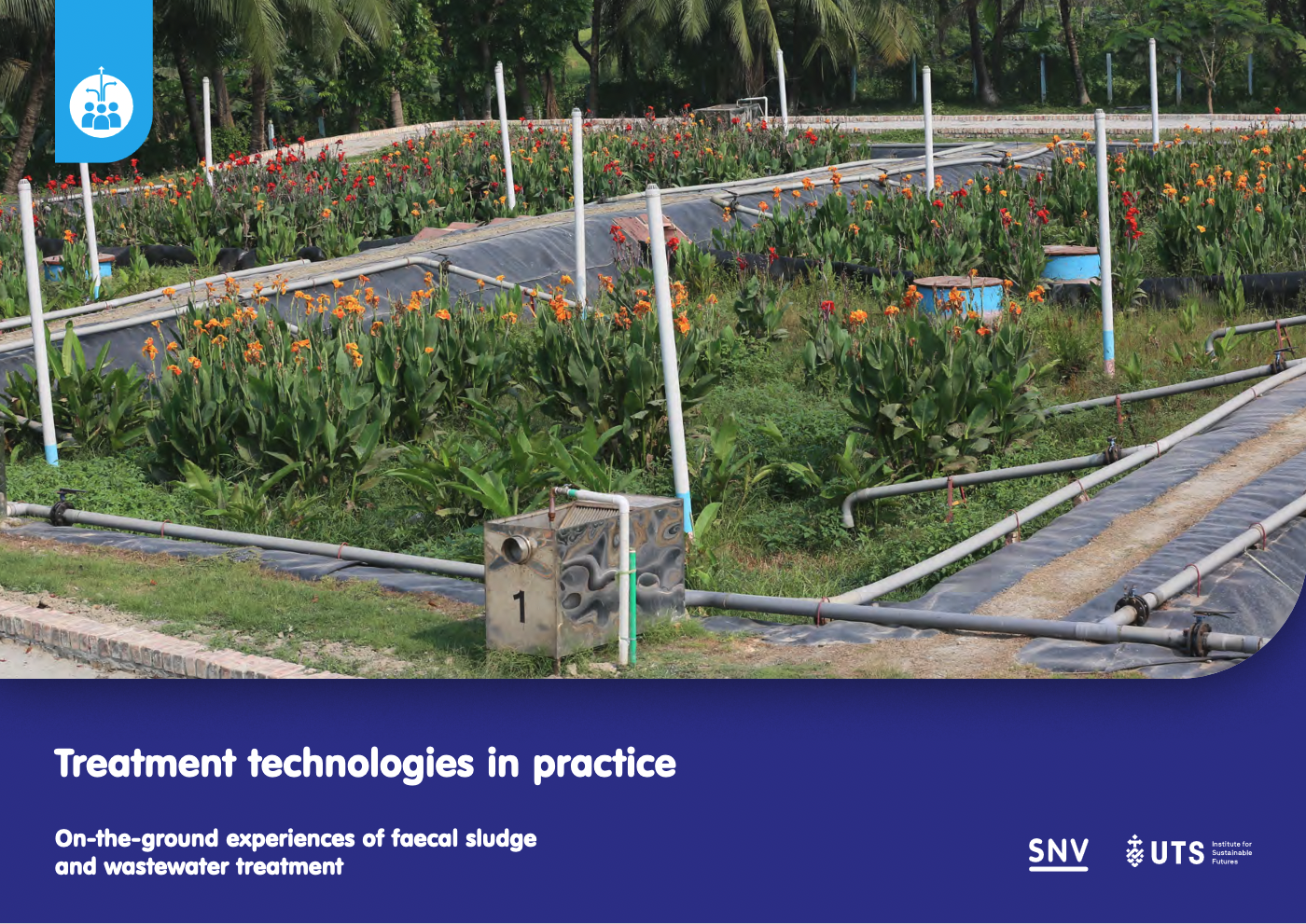
Screenshot from Soeters, Mukheibir, and Willetts (2021)
PDF reports
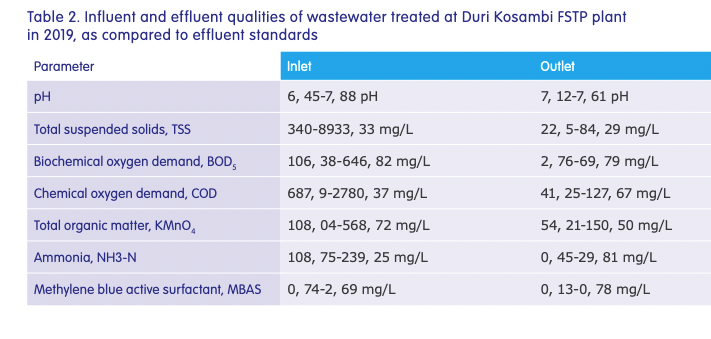
Screenshot from Soeters, Mukheibir, and Willetts (2021)
PDF reports + Dropbox
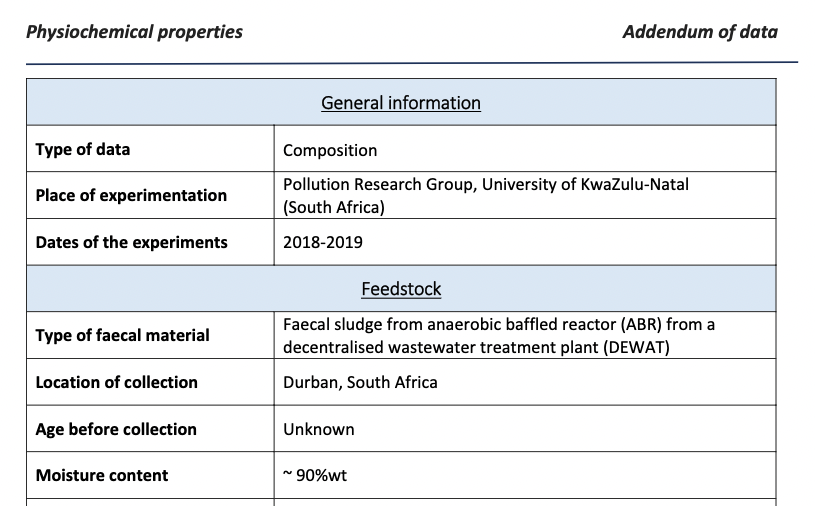
Screenshot from Mupinga et al. (2021)
PDF reports + Dropbox
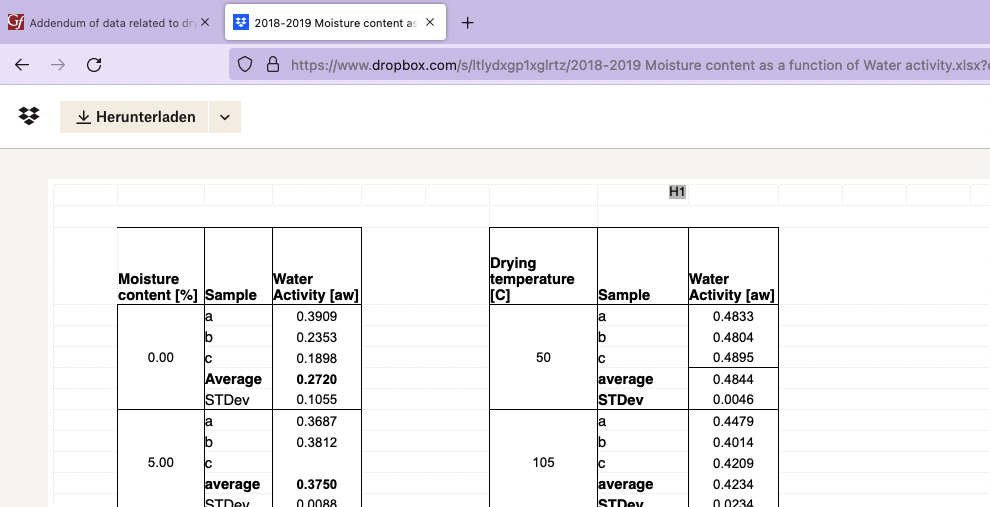
Screenshot from Mupinga et al. (2021)
The Journey














The Product
What does final look like?
wasteskipsblantyre documenation website by Yesaya et al. (2023) built with pkgdown
Engage
Our channels
One-way communication
- Website: openwashdata.org
- Newsletter: buttondown.email/openwashdata
- Email: ghe@mavt.ethz.ch
Two-way engagement
- Instant messaging: Element based on Matrix Chat | openwashdata-lobby | ghe-open
- Data donation ideas: github.com/openwashdata/data/issues
- Social media: Global Health Engineering LinkedIn
course: data science for openwashdata
Zoom for 10 modules over 2 months at the following times:
- Start: 31st October 2023 - 2 pm to 4:30 pm CET
- End: 20th February 2024 - 2 pm to 4:30 pm CET
Registration open for next course: https://forms.gle/AhhWpPfnbLwzp5Ai9
- free
- provides participants with a certificate
- using exclusively tools that are free and open source
- offers 1:1 coding support for a final project with own data
course: data science for openwashdata 001
- 200 registrations
- 110 show-ups
- expected 40 graduates all with a reproducible data analysis report (paper)
- motivating graduates to publish underlying data with openwashdata
open - misconceptions
open - misconceptions
- Misconception 1: Publishing my data does not benefit anyone
- Misconception 2: Others may criticize my code
- Misconception 3: Publishing my content under CC-BY-NC will prevent people from exploiting my content commercially. (go for CC-BY)
The only way to write good code is to write tons of shitty code first. Feeling shame about bad code stops you from getting to good code. - Hadley Wickham (Chief Scientist, Posit PBC)
Thanks 🌻
This project was supported by the Open Research Data Program of the ETH Board.
The slides were created via revealjs and Quarto: https://quarto.org/docs/presentations/revealjs/
You can view source code of slides on GitHub
Or you can download slides in PDF format
This material is licensed under Creative Commons Attribution Share Alike 4.0 International.
References

